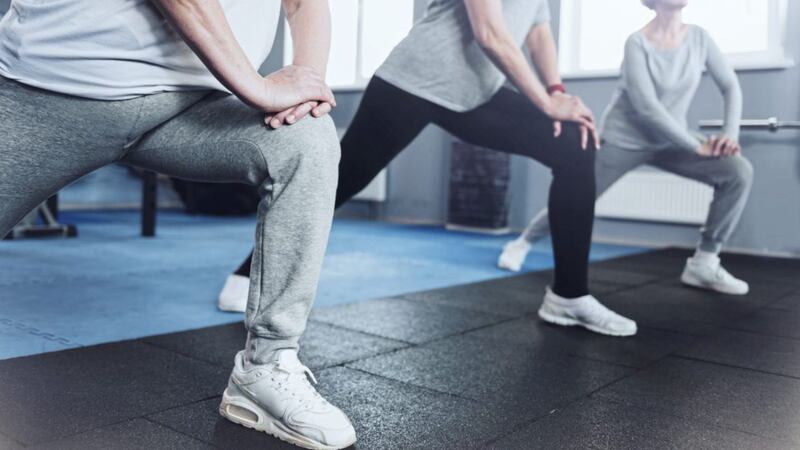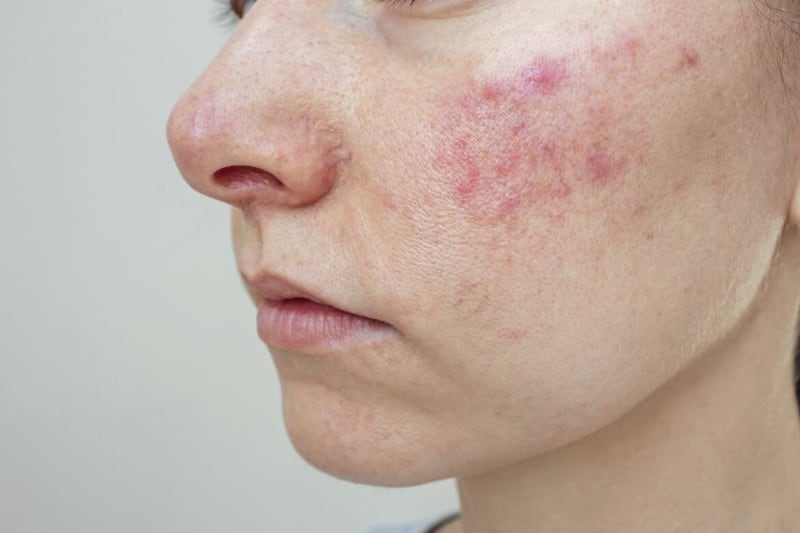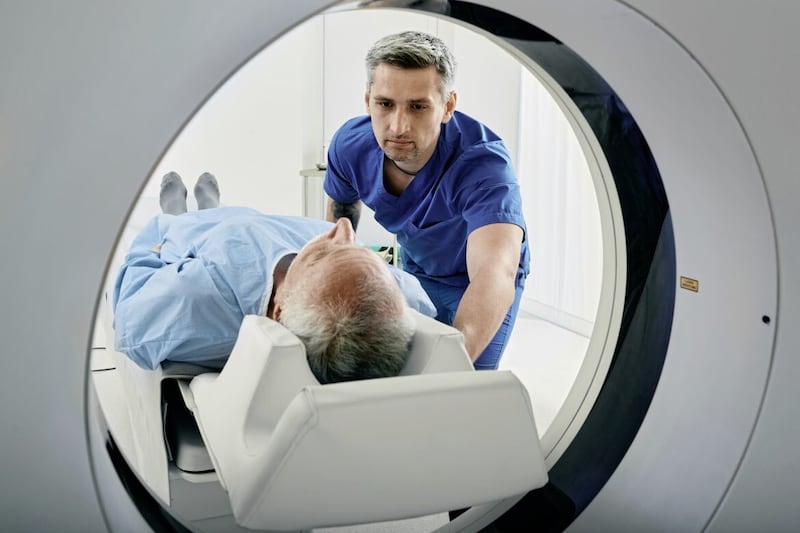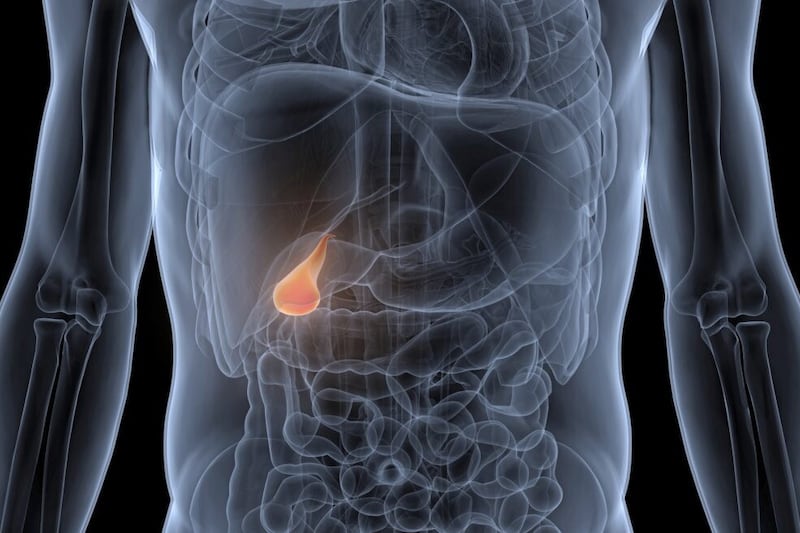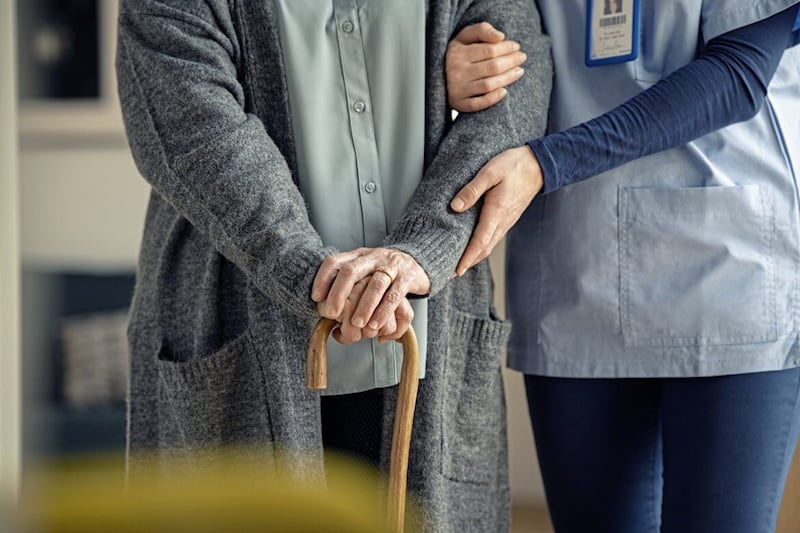Q: I’M AN otherwise healthy 79-year-old, but last year I had a succession of gallstones removed as well as a stent implanted in my bile duct, which then migrated to my bowel, causing a perforation requiring further surgery to remove my gallbladder. Four weeks ago I developed pain between my ribs that feels like someone is sitting on my chest, and a dry cough. I returned to the gym recently. Have I overdone the workout?
BF
A: YOUR symptoms occurred as a result of a complication of gallstones (or cholelithiasis). It’s quite common to develop stones in the gallbladder, the small organ at the right-hand side of your tummy that stores bile (a liquid produced by the liver to digest food); up to a quarter of people develop gallstones by the age of 60.
Gallstones are often ‘silent’ but symptoms can occur if the gallbladder becomes infected as a result of the stones; or when the stones travel into the bile duct, which drains bile from the liver and into the small intestine.
Gallstones are often removed by passing an endoscope (a flexible tube with a camera on the end) via the mouth to the bile duct. This can be stretched open by implanting a stent (a tiny metal tube), allowing bile to flow freely and the stones to pass out. However, in your case, a complication occurred. The stent became dislodged and you needed surgery to retrieve it.It seems reasonable to assume your current symptoms are a sequel to all this. One possibility is that you have developed a local internal surgical complication, such as scar tissue.
There might also be a collection of fluid or an abscess under the diaphragm or an infection at the base of the lung. Another possibility is a hernia.
While it’s important to only gradually return to a full exercise programme, there has been some time since your surgery, so I think it’s unlikely the exercise is to blame. Had your symptoms been caused by overexertion in the gym, I would not have expected them to last for four weeks, as you describe. The normal blood test results you mention in your longer letter are reassuring. But if your pain persists, an ultrasound or CT scan of the upper abdomen is called for, along with a chest X-ray and possibly a barium swallow X-ray (where you swallow a liquid that shows up on an X-ray).
Q: MY HUSBAND, 84, was recently diagnosed with Alzheimer’s. About four years ago he also started falling asleep at inappropriate times, once even at a meal with friends. Is this related to the mild apnoea he also has, or something else?
DF
A: DAYTIME sleepiness is less unusual than you may think. Normal ageing and the related degeneration of our brains can lead to altered sleep patterns, typically worse in those with cognitive impairment, who often experience more disrupted sleep anyway.This is because the disease damages parts of the brain involved in sleep pattern regulation – leading to poor sleep, including daytime drowsiness.
In some people, poor sleep is an early warning of later cognitive decline, developing into dementia – which may have been the case with your husband. The body follows a 24-hour pattern – the circadian rhythm – controlled partly by body temperature fluctuation (which dips before we sleep) and the release of the sleep hormone melatonin in the brain. Our circadian rhythm changes as we age, so we get sleepy earlier in the evening and wake earlier. This is more pronounced in patients with dementia.
Abnormal breathing patterns during sleep – including sleep apnoea, where the tissues in the airway collapse, causing breathing to be temporarily obstructed, leading to snoring – are also associated with daytime sleepiness.
As your husband’s diagnosis has been confirmed, and you mention in your longer letter that he shows signs of short-term memory loss, I’d urge him to see a neurologist, who might prescribe donepezil to help with his Alzheimer’s symptoms.
Keeping the environment dark at night and bright in the day may help, as light helps regulate melatonin production. You could check your husband’s medication does not also contribute to drowsiness.
© Solo dmg media
